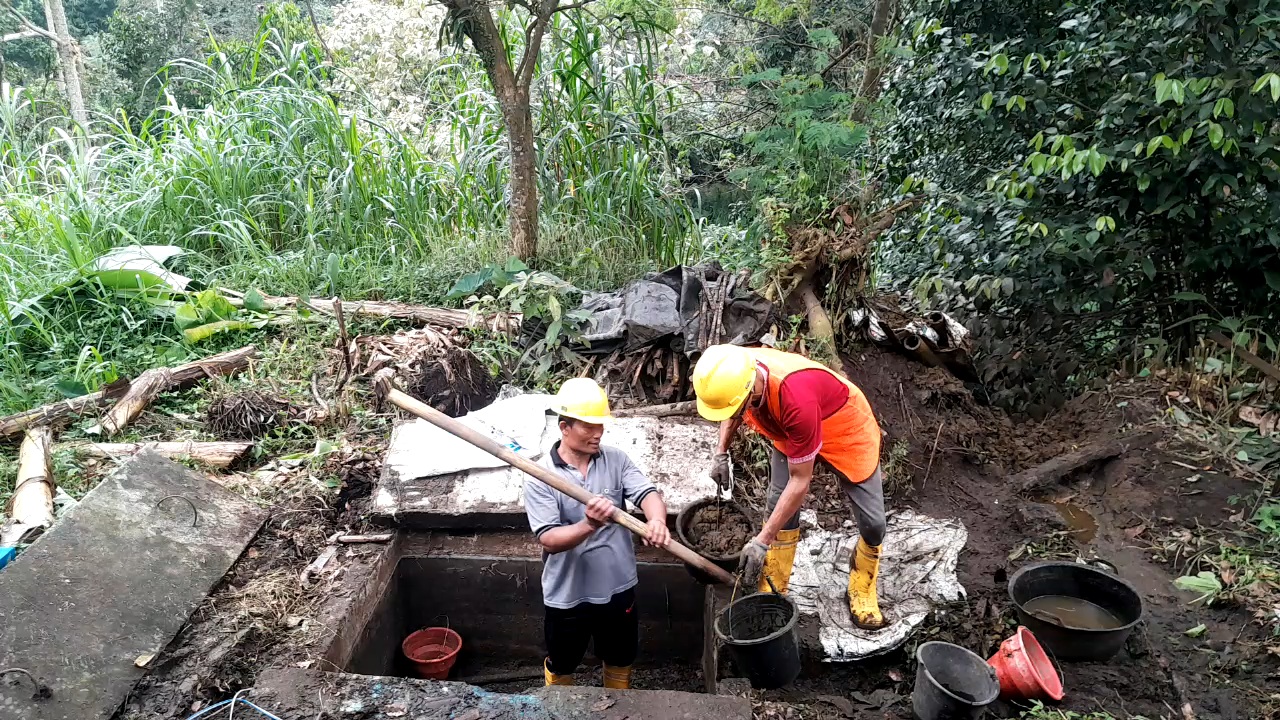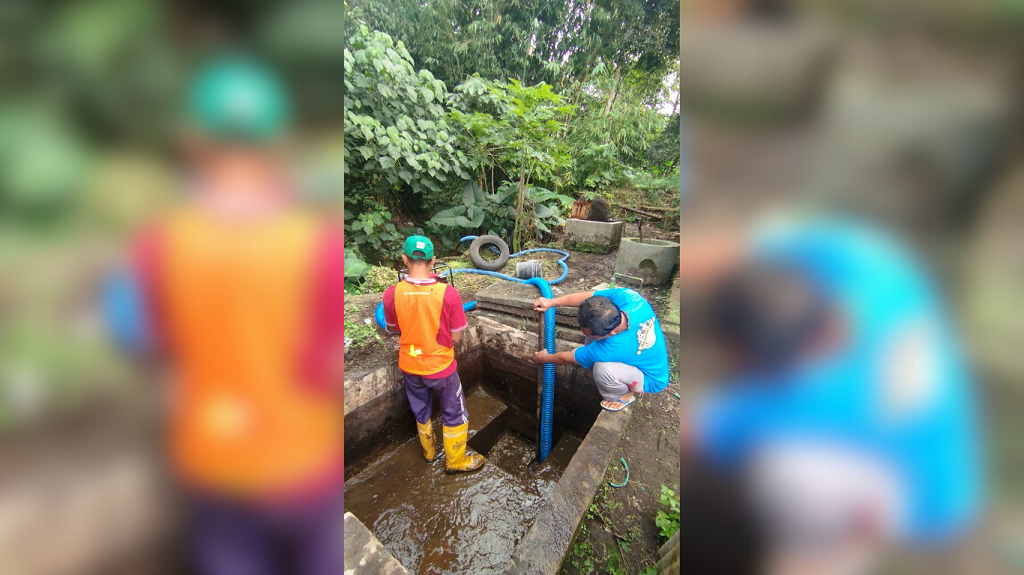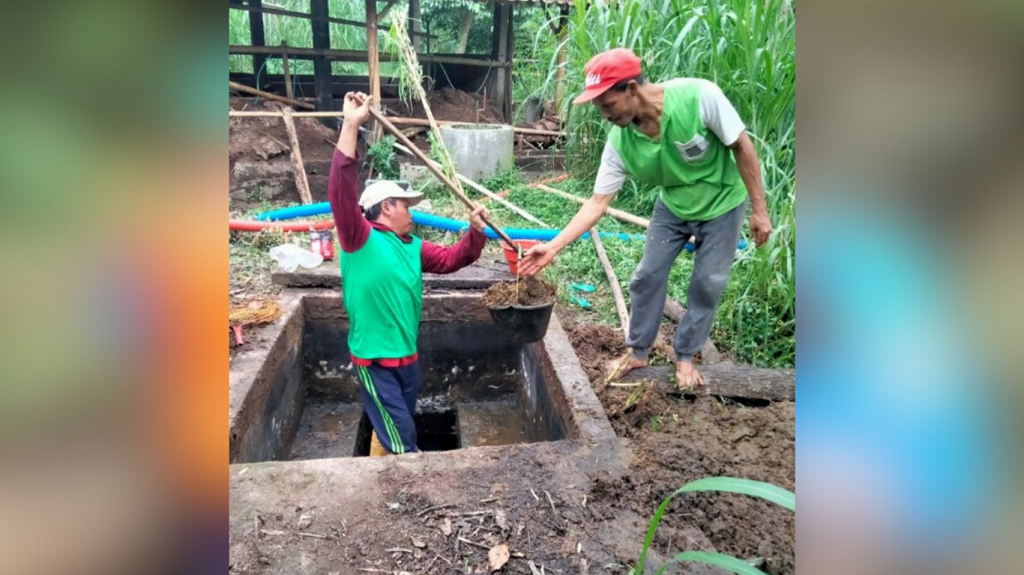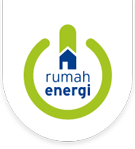Biogas Reactivation under the FRESH Program: Reviving Clean Energy in Sleman

Every technological system, machine, or infrastructure requires regular maintenance to function optimally. Biogas installations are no exception. As a system, biogas installations consist of several components working together to transform organic waste into renewable energy in the form of biogas, while also producing by-products such as liquid and solid fertilizer. Without proper maintenance, these installations may cease to operate, and their benefits will no longer be felt by the community. This is where the spirit of Indonesia Berdaya comes alive—ensuring that renewable energy technologies truly bring long-term value to the people.
Through the FRESH Program, the focus is not only on building new biogas installations but also on reactivating older ones. This effort is part of the continuous monitoring system of Rumah Energi’s BIRU Program, designed to ensure that existing installations continue to deliver long-lasting benefits. Indonesia Berdaya is realized not only by building new solutions but also by preserving and reviving what has already been established.

In 2025, a total of 29 biogas installations are targeted for reactivation. Most of these units were built in 2015 and are located in Umbul Harjo Village, Cangkringan Subdistrict, Sleman Regency, Yogyakarta. The goal of reactivation is to bring these installations back to life—converting livestock waste into renewable energy while simultaneously reducing greenhouse gas (GHG) emissions released into the atmosphere.
Reactivation is generally more needed for biogas installations that are over eight years old. At this stage, reactors are prone to decreased performance due to technical factors or improper usage patterns. Reactivation is not only a technical matter but also a matter of sustainability. That is why the commitment of users is crucial. Before reactivation takes place, users are invited to undergo a commitment assessment—whether they are ready to operate the installation properly, carry out regular maintenance, and utilize biogas for their daily needs.

The reactivation program began in April 2025, involving trained local partners from Koperasi Samesta and UPP Kaliurang. By engaging local workers, the process not only revives biogas installations but also adds value by strengthening skills and creating economic opportunities for the surrounding community. As a result, 29 families in Umbul
Harjo Village can once again benefit from clean energy derived from livestock waste available in their environment. Biogas is back as a daily cooking solution that is environmentally friendly, while also helping to maintain cleanliness and the health of livestock shelters. This is a tangible step toward Indonesia Berdaya, where renewable energy becomes part of everyday life in rural communities and a driving force of national resilience.
Written by: Supriyanto
Edited by: Fauzan Ramadhan

